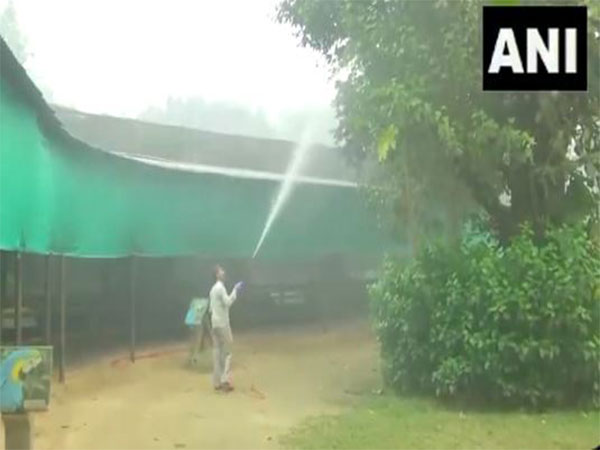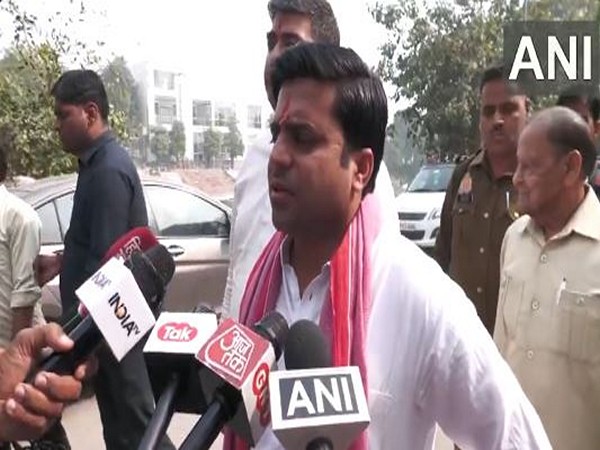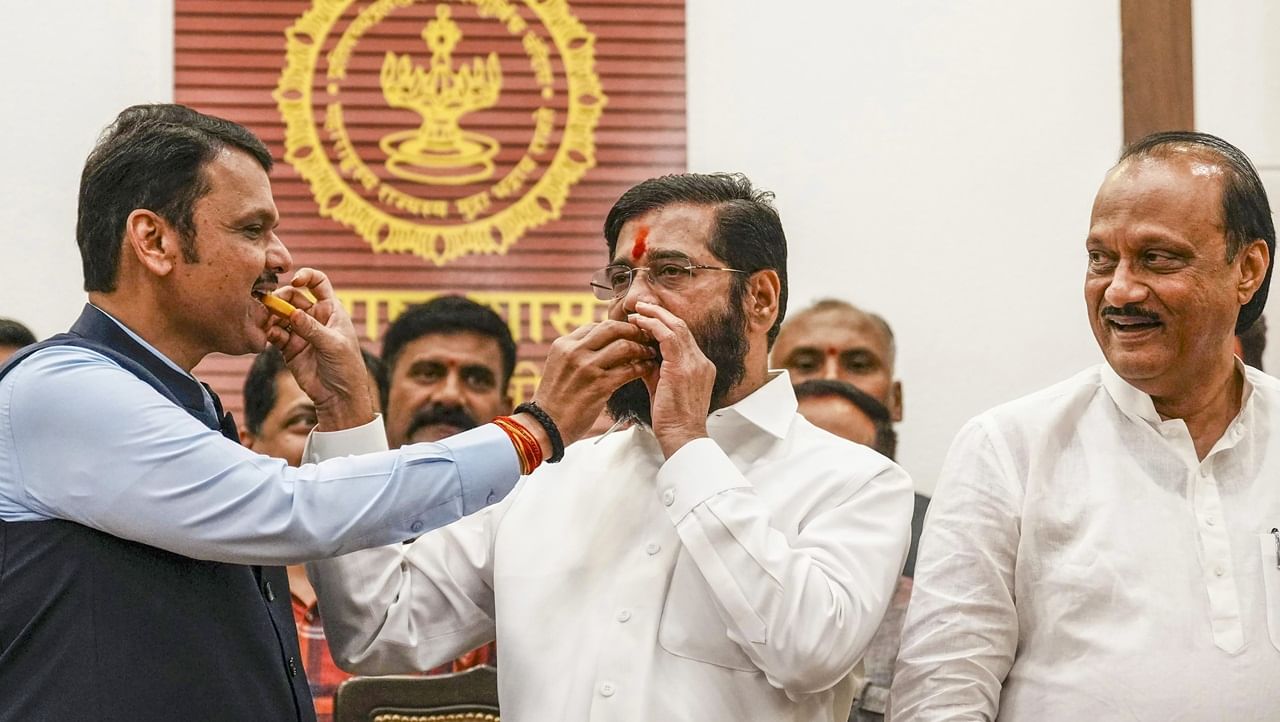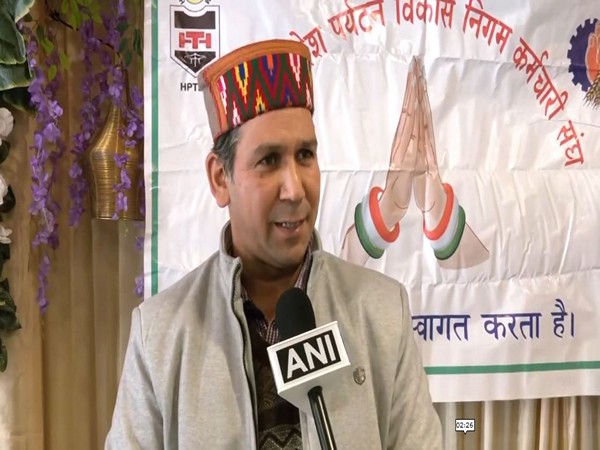Desk |
Updated: Nov 19, 2024 01:54 IST
New Delhi [India], November 19 (Desk): Special measures, including the use of water sprinklers, have been implemented at the Delhi Zoo to combat air pollution and ensure that wild animals are not adversely affected.
The Director of the National Zoological Park, Dr. Sanjeet Kumar, on Monday, highlighted the challenges faced by zoo management during winter.
Speaking to Desk, Dr. Kumar said, “As soon as the winter season begins, the zoo management faces two challenges. First, the pollution levels rise after Diwali, and second, the onset of winter… The area around the zoo is very green, and local pollution is minimal as no diesel or petrol vehicles are allowed inside. However, water sprinklers are used to mitigate the effects of pollution.”
He added, “We prioritise winter management to ensure the wild animals remain unaffected by the cold. A special vehicle sprays fine droplets of water to reduce pollution levels. The animals are provided with a winter diet enriched with fats, and heaters have been installed to keep them warm.”
Meanwhile, Aam Aadmi Party leader and Delhi Environment Minister Gopal Rai on Monday stated that the Delhi government is “doing its part” and urged the Bharatiya Janata Party-led Central government to take immediate action to safeguard not only Delhi but the entire North India region.
“At its level, the Delhi government is taking all possible steps. We have directed officials to ensure strict implementation of GRAP (Graded Response Action Plan) Stage IV guidelines. I urge the Central government to take emergency measures to save North India from this crisis,” Rai said during a press conference in the capital.
The AAP leader criticised the Central government for its “inaction” on the escalating pollution crisis in North India.
“Pollution levels have become hazardous with the changing weather across North India. It is unfortunate that the Central government remains inactive at such a critical time, and there is no clarity on the Union Environment Minister’s whereabouts. The Centre needs to collaborate with all states to address this issue,” he said.
Notably, the Commission for Air Quality Management (CAQM) has imposed the Graded Response Action Plan (GRAP) Stage IV in Delhi NCR starting Monday, as the Air Quality Index (AQI) plunged into the ‘severe plus’ category.
The decision followed a sharp rise in Delhi’s daily average AQI, which reached 441 by 4 pm on Sunday and further escalated to 457 by 7 pm, prompting an emergency meeting of the GRAP Sub-Committee. (Desk)





